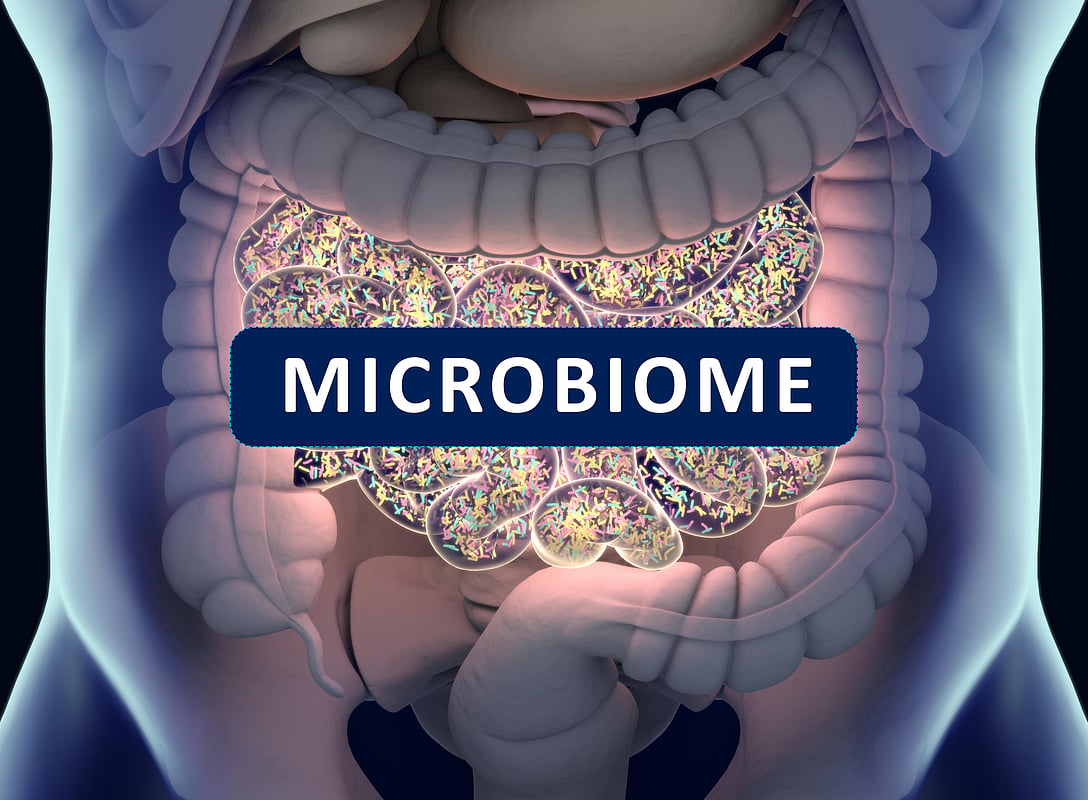Alterations in Infant Gut Microbiota Precede Development of Eczema

TUESDAY, Sept. 5, 2023 (HealthDay News) -- The gut microbiome may play a role in development of eczema in infancy, according to a study published online Aug. 30 in mSystems.
Man Kit Cheung, Ph.D., from the Chinese University of Hong Kong, and colleagues characterized the development and determinants of the gut microbiome in a prospective cohort of 112 term Chinese children. The analysis included results from sequencing 713 stool samples collected at nine time points from birth to 3 years using 16S rRNA gene sequencing.
The researchers identified mode of delivery, feeding mode, and intrapartum antibiotics as the major determinants of the early-life gut microbiome, the effects of which persisted up to 12 months. Alterations in the infant gut microbiota preceded the development of eczema, including a depletion of Bacteroides and an enrichment of Clostridium sensu stricto 1 in the gut microbiome of infants with eczema at 1 year old. Similar patterns were seen in Cesarean section-born infants within the same time frames, suggesting a role of the gut microbiota in previously reported associations between Cesarean section and an increased risk for eczema.
“The first year of life could be a critical period to restore the gut bacteria to a more desirable composition,” the study’s principal investigator, Paul Chan, M.D., also from the Chinese University of Hong Kong, said in a statement.
Related Posts
Medical Masks Similar to N95 Respirators for Preventing COVID-19
TUESDAY, Nov. 29, 2022 (HealthDay News) -- For health care workers providing...
CVD Mortality Leading Cause of Death for Stage I, II Hodgkin Lymphoma
MONDAY, July 25, 2022 (HealthDay News) -- For patients with stage I and II...
COVID Fatigue: Are You Among the ‘Vaxxed & Done’?
MONDAY, Jan. 17, 2022 (HealthDay News) -- You've gotten vaccinated. You've...
